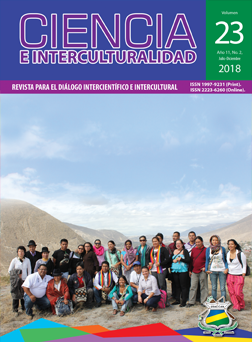Incidencia de los medios de comunicación en el desarrollo de la identidad cultural en comunitarios y comunitarias, Wasakín, Municipio de Rosita 2015-2016
Resumen
Utilizando la metodología del CCRISAC, la investigación se realizó en la comunidad de Wasakin, a través de un proceso de convivencia con ancianos, ancianas, líderes y lideresas. El contexto sociocultural en que viven comunitarios y comunitarias, muestran que las costumbres y tradiciones han cambiado con el pasar de los años, desde las formas de organización y gobernanza territorial, respeto por las autoridades comunales así como la sustitución de su lengua materna sumu-tuahka por el miskitu. El estudio constata que la televisión responde a un perfil comercial y a una progra- mación transmitida en español e ingles, y por ende, a una cultura distinta al de los pueblos indígenas. Son medios de comunicación que han penetrado el tejido social, logrando incidir en las formas de vida, prácticas y actitudes de las personas que la ven. Tanto la televisión como la radio rompieron esquemas y se incorporaron a la vida cotidiana familiar del territorio. Particulamente, llama la atención que la televisión se ha convertido en parte importante de la cultura, al constatarse que las imágenes alteran las emociones y los espacios de las personas, estimulan las narrativas orales y visuales y, transforman las prácticas culturales de la comunidad.
Descargas

Esta obra está bajo licencia internacional Creative Commons Reconocimiento-NoComercial-SinObrasDerivadas 4.0.
El autor mantiene los derechos morales y permite la cesión gratuita, exclusiva y por plazo indefinido de sus derechos patrimoniales de autoría a la Universidad de las Regiones Autónomas de la Costa Caribe Nicaraguense (URACCAN).






